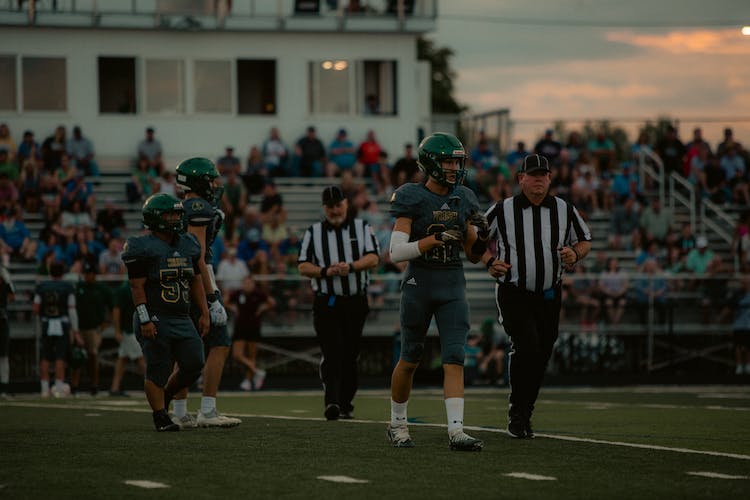The Washington, D.C., 2018 All-Star game made this very clear. last week was representative of the current state of the sport of baseball. The ten home runs hit, nearly twice as many as the previous high of six, established an all-time record for the Midsummer Classic.
This season’s ability to produce long balls is a good indicator that it will produce more home runs than any other year in baseball’s long history. The All-Star game also demonstrated that this record is not the only one that will be broken in 2018.
Players are currently striking out 25% of the time, which will lead to a record-high number of strikeouts in 2018. Therefore, it was not surprising that the Midsummer Classic pitchers struck out a total of 25 batters.
A week earlier, a different game served as a microcosm of some of baseball’s biggest issues, just as that heavily promoted contest highlighted the sport’s reliance on the homerun and the strikeout. Given how few people actually watched the game, Commissioner Rob Manfred and the other sports officials would prefer to ignore it.
On July 3, the Marlins and Tampa Bay Rays squared off in Miami, a game that should have sparked a ton of excitement in the city that is home to three pennants and Spring Training. Only 6,000 people showed up, highlighting the severe attendance issue baseball has had there for more than 20 years.
The actual game lasted 16 innings, took close to 6 hours, and involved 44 different batters between the two clubs. Along with the three additional pitchers who were called up at various points throughout the Sunshine State Bore-a-thon to pinch hit, play a position, or both, there were a total of 18 pitchers on the field.
About 200 fans were still in the seats when it finally ended. They were each given two free tickets as a thank you from the Miami front office for their loyalty.

They and most other baseball fans would benefit more from the sport adopting the extra-innings rule that was instituted in the Minors this season. Both teams have a runner on second as the extra inning begins if the score is tied after nine innings. In that circumstance, a game would almost certainly be decided long before the sixteen innings it took for Tampa Bay to defeat Miami.
That evening also highlighted a different problem that plagues the sport, in addition to confirming the notion that games are too long. The designated hitter rule must be made mandatory for the National League.
The Rays had to permit their pitchers to bat because they were playing in Miami. For the starting pitchers, who are accustomed to getting at least one plate appearance in an away interleague game, this requirement might not present a brand-new issue.
For the numerous relievers on the staff, however, having to bat presents a significant challenge because the majority of them do not swing a bat at all throughout the season. A Tampa reliever that evening experienced the consequences of being forced into such a role.
The left-handed pitcher Vidal Nuna was put on the 10-day disabled list after tearing his hamstring while sprinting to first base after hitting a grounder. The injury might also have been prevented if baseball had applied the extra innings rule at the Big League level as opposed to just the Minors, as both would have prevented the DH rule from being applied universally.